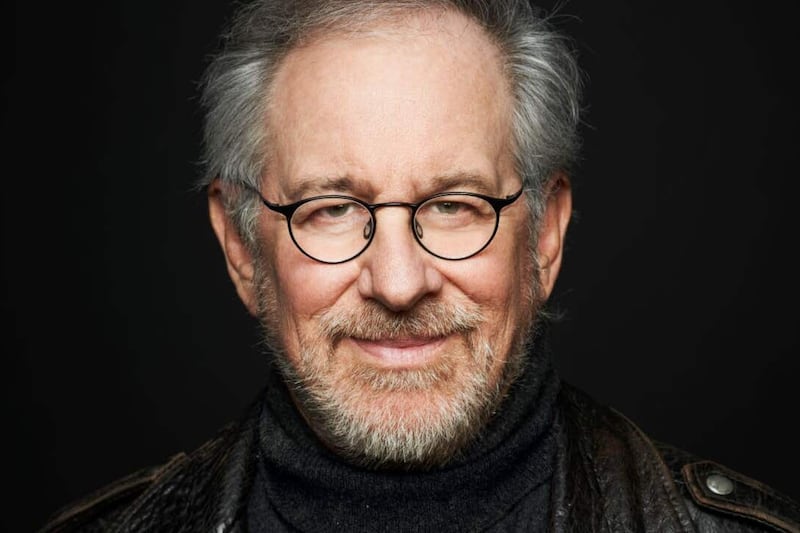A HI-TECH electrical version of the DeLorean car is to be unveiled in Belfast to mark the 30th anniversary of Back To The Future.
The film franchise has ensured the cars retain a cult following after hero Marty McFly used one to travel back in time.
He accidentally transported himself 30 years into the past, to 1955, when his parents were in high school. Marty's interference with his parents' love story intervened with the chances of his own birth, pushing him to do anything to get back "home" to 1985.
Queen's University Belfast will unveil its electric DeLorean on Wednesday October 21, the exact date that McFly travelled to in the film's 1989 sequel, Back to the Future II.
Dr David Laverty, who leads the project, said the project was about modifying a car into an electric vehicle, but staff and students "wanted to do it in style".
"The DeLorean was the obvious choice because of its strong connection to Belfast and its starring role in the Back To The Future movies," he said.
He said in the future more energy would come from renewable electricity.
"The electrification of transport is a major global challenge, so projects like the Queen's Electric DeLorean are crucial in equipping young engineers with the knowledge and expertise to build the electric vehicles of the future," Dr Laverty added.
The DeLorean's silver gull-wing door design was immortalised by the 1985 Hollywood film starring Michael J Fox a few years after the collapse of the original manufacturing firm in the north.
When Back To The Future hit cinemas in 1985, it raked in millions of pounds in ticket sales, became the highest-grossing film of the year and landed a sound effects editing Academy Award and three more nominations.
The first film was released in 1985, three years after the closure of the original factory in Belfast. Fewer than 9,000 cars had rolled off the production line at the Dunmurry plant.
Dr Laverty added: "The DeLorean was in a poor state of repair when we took ownership in January 2014, and since then our students have worked with experts within Queen's Electrical Energy laboratory - one of the few university facilities in the UK dedicated to teaching and research of electrical generators and motors - to develop the car's hi-tech electric engine."








